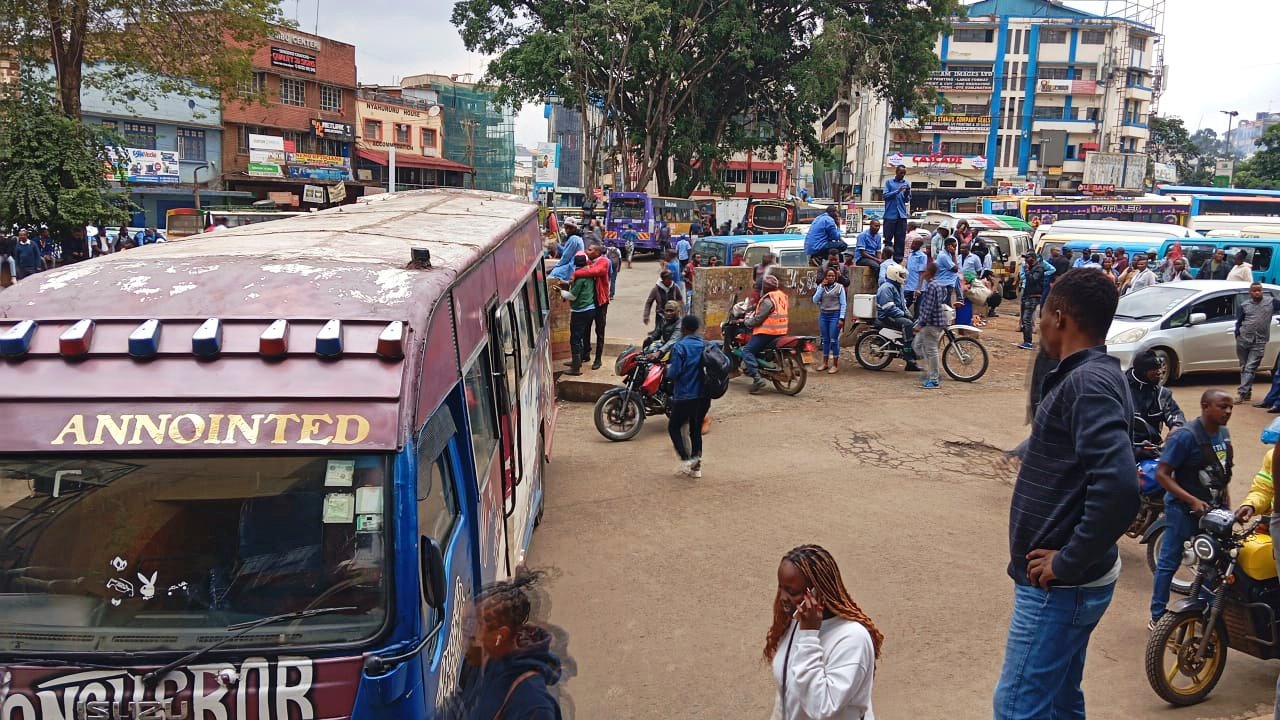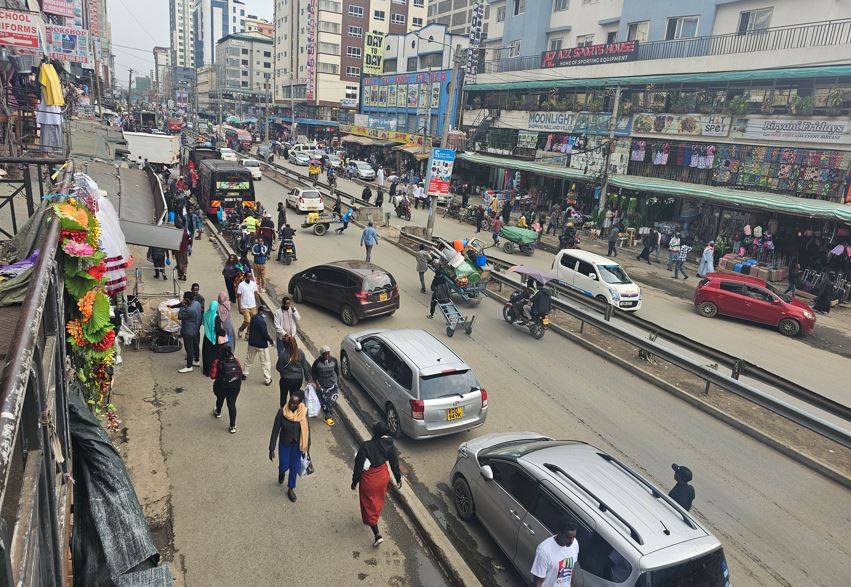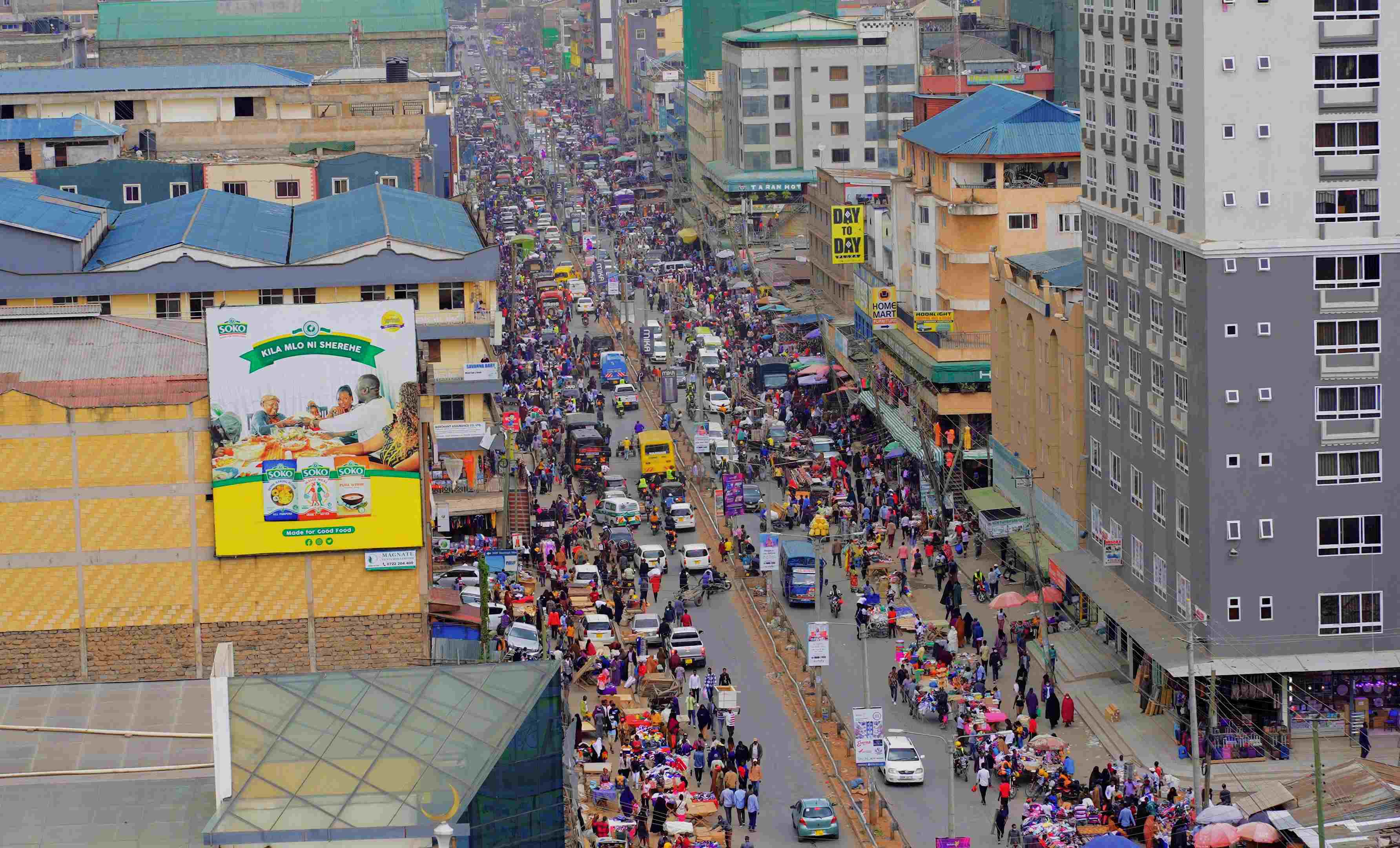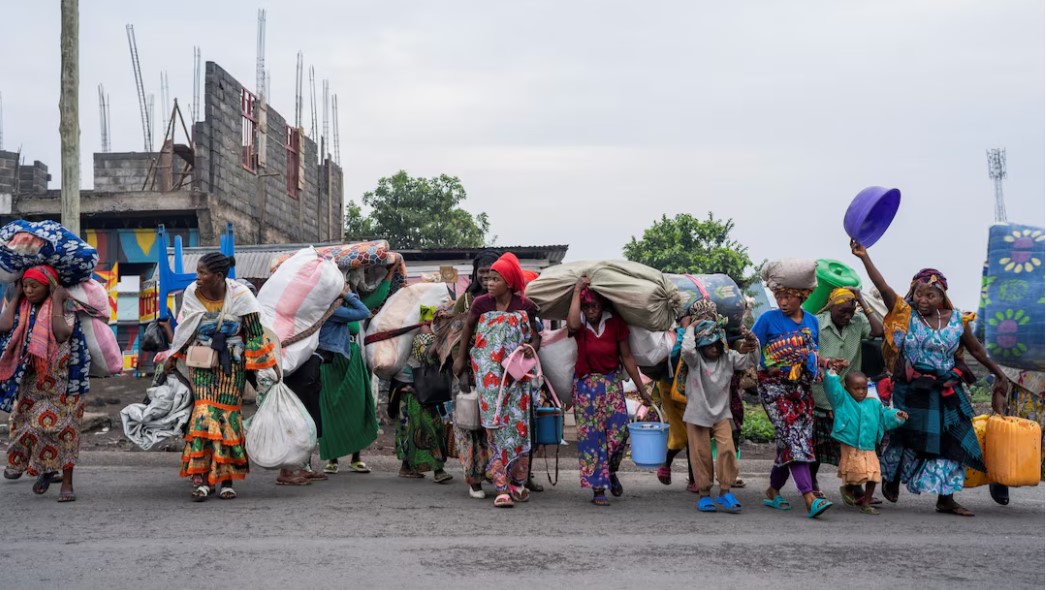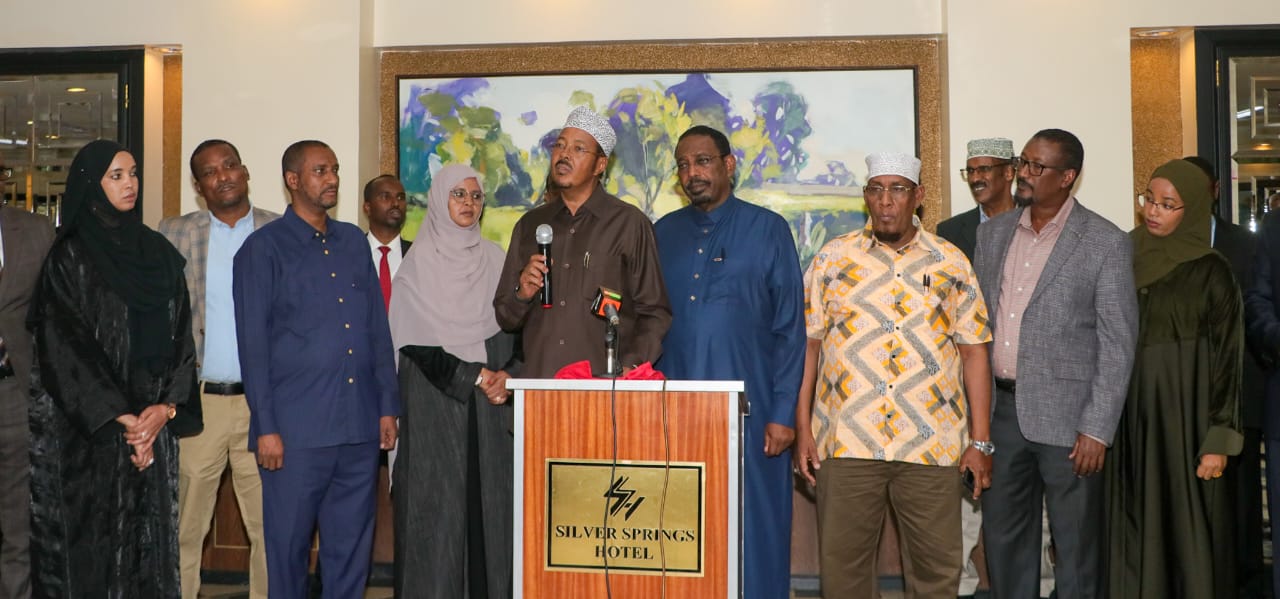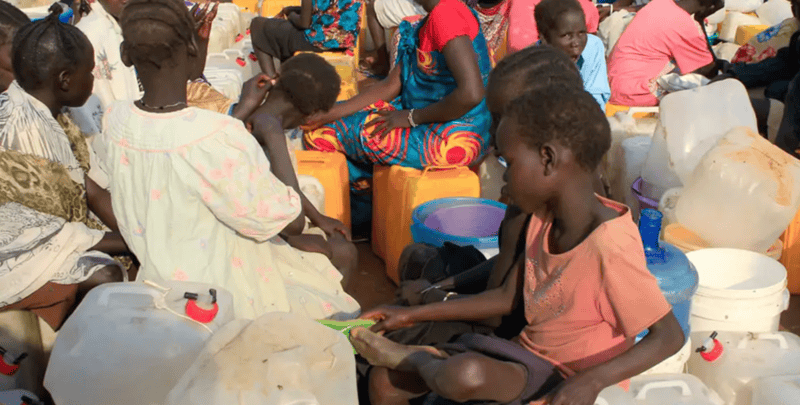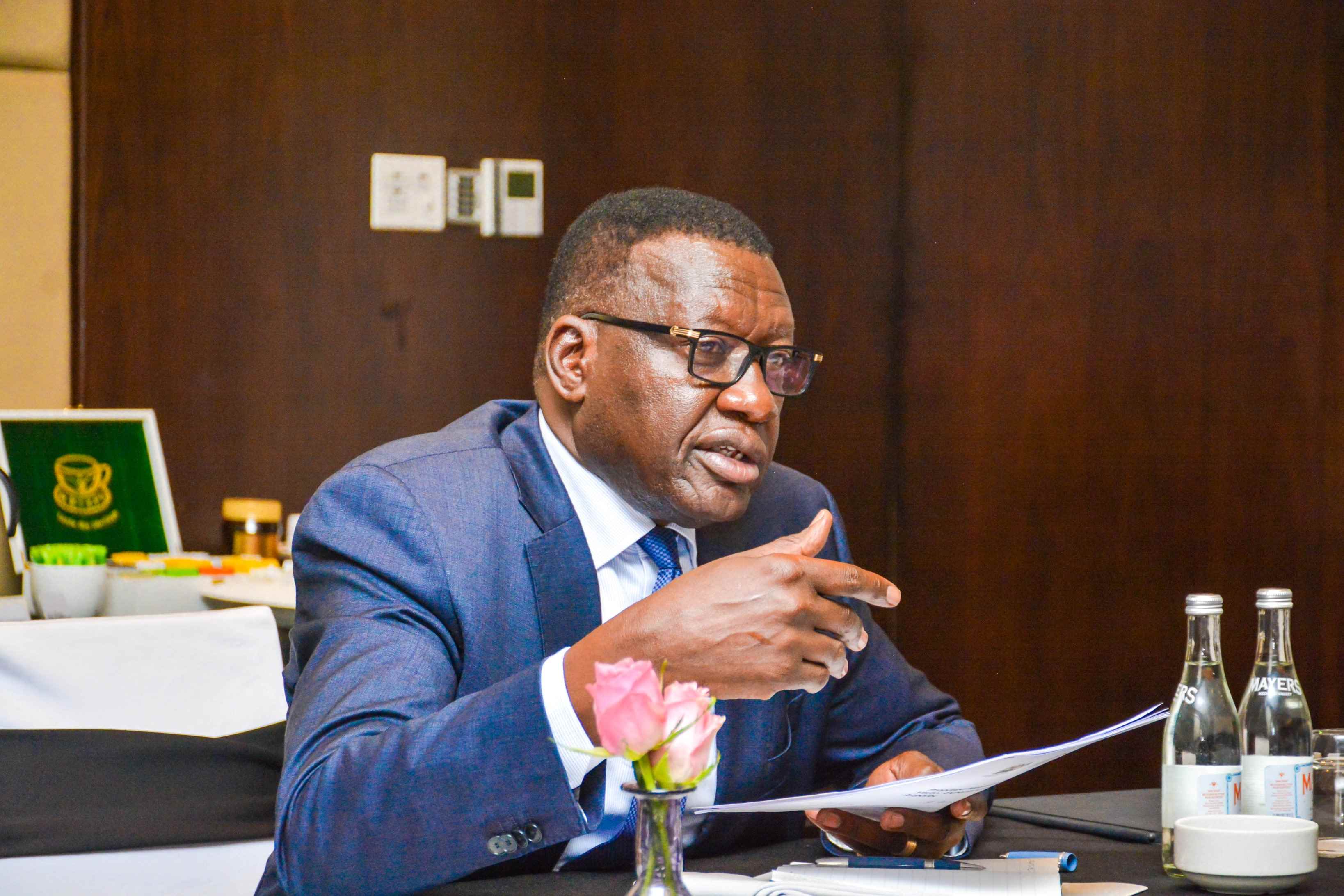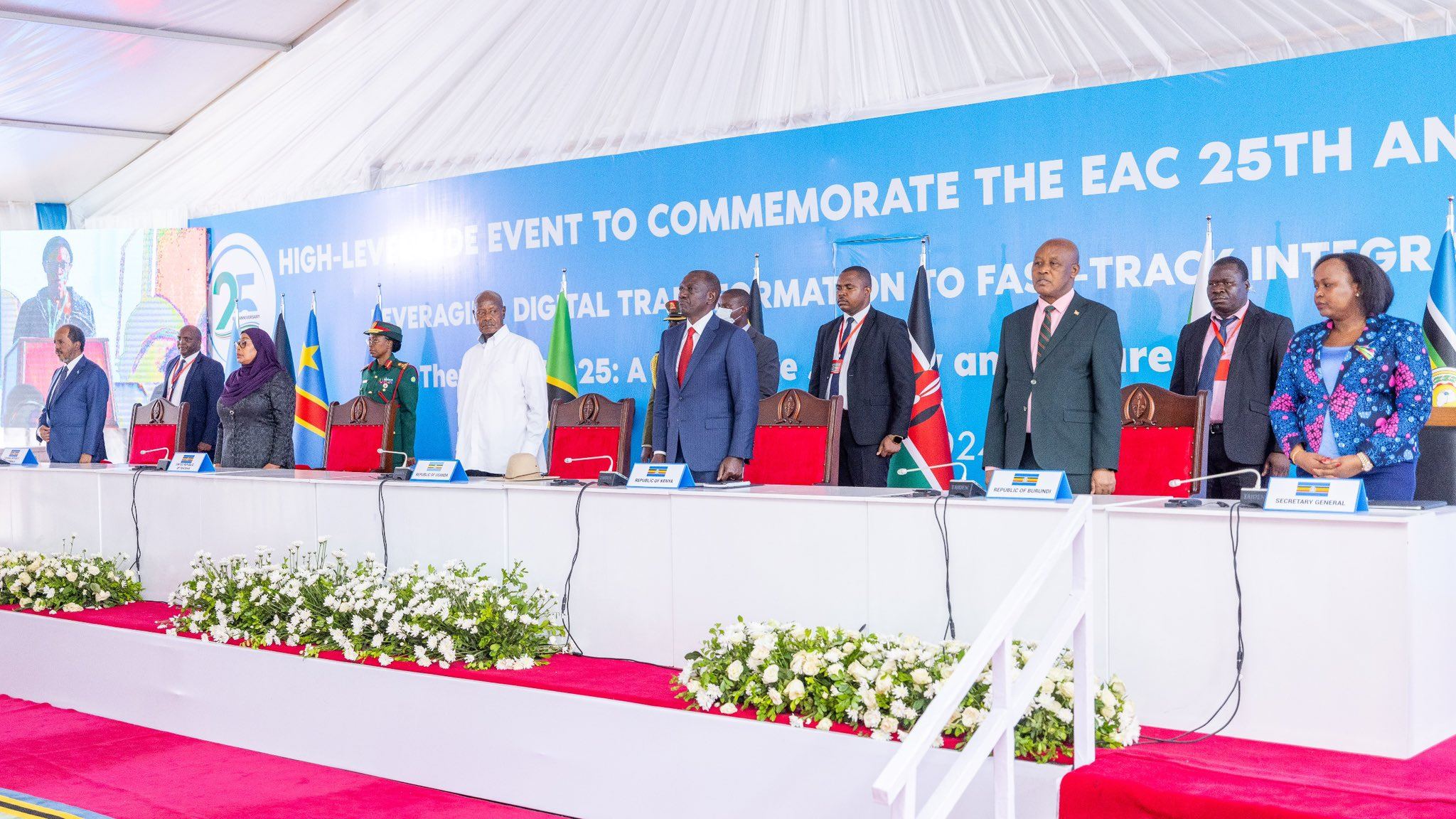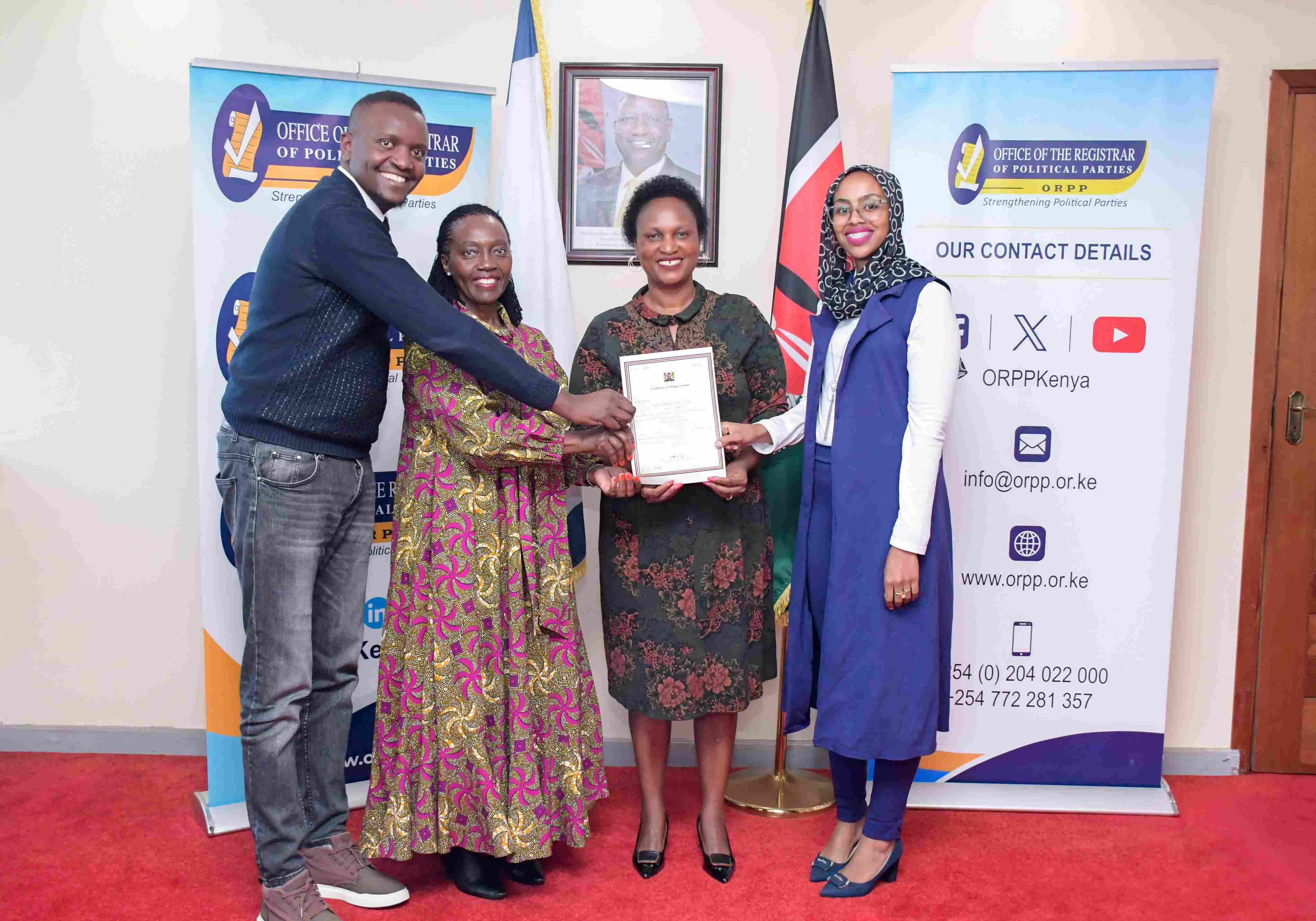Senator Orwoba: Kenya needs to cap timelines of all Gender-Based Violence cases to six months
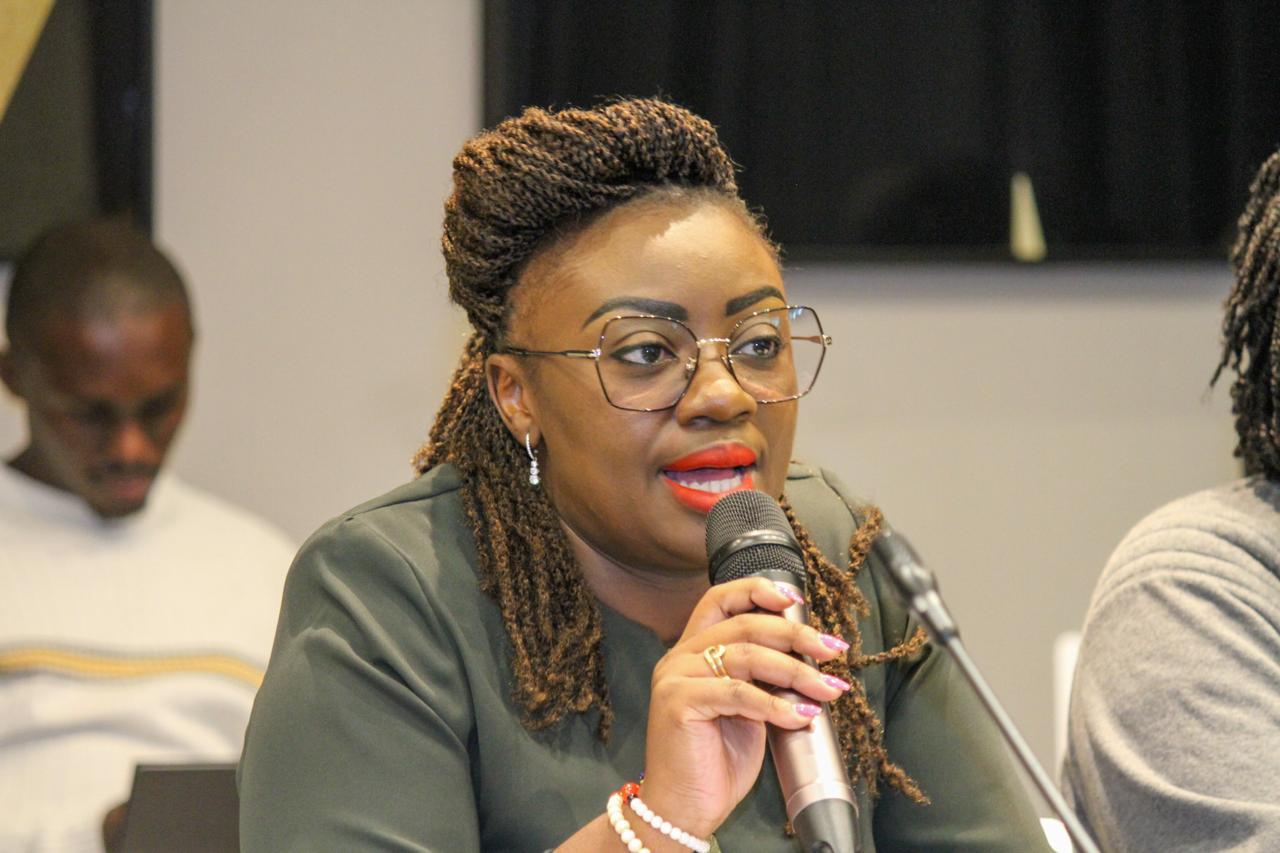
The Senator says ending period poverty requires a 360-degree approach that entails advocacy, legislation as well as providing access to menstrual hygiene products.
What can lawmakers do to end the current wave of Gender-Based Violence in Kenya? Do they have a role in ending the increased cases of femicide as indicated by a new report by Africa Uncensored and OdipoDev on the killing of women in Kenya that shows the problem only seems to be getting worse? The Eastleigh Voice Reporter Barack Oduor spoke to Nominated Senator Gloria Orwoba on her activism and lawmakers' role in ending femicide.
Q: Let's begin with your menstrual hygiene initiative that has created a rallying call to end period poverty in Kenya. What's your goal this year, knowing that the struggle to afford menstrual products is a crisis that affects many Kenyan women and girls, particularly those living in low-income settings?
More To Read
A: This year I am keen on pushing the Free Sanitary Pads Bill to pass in the Senate. Ending Period Poverty requires a 360-degree approach that entails advocacy, legislation as well as providing access to menstrual hygiene products. I assess that last year, the advocacy efforts were fruitful to the extent that we had menstruation taking a centre seat in important National conversations such as the Finance Bill. For the sustainability of all efforts, we must cement our activities with a law that binds the government to provide sanitary pads to all school girls and women in prisons.
Q: A new report on the killing of women in Kenya indicated that the problem only seems to be getting worse despite unprecedented media coverage and public discourse surrounding the matter, with data showing that 2024 recorded the highest number of murders of girls and women. What has the country not been doing right to warrant these worrying statistics?
Very simple, we are not convicting these criminals. There are simply not enough examples of perpetrators facing the harsh punishments stipulated by our law. The system is broken from reporting these crimes to convictions. As a government, if we do not spend our resources on fixing the efficiency of Gender Desks and Gender Courts, no amount of advocacy will be enough to keep the women of Kenya safe. The Ministry of Gender needs to work in partnership with legislators and the CJ office to fast-track a bill on capping the timelines of all GBV and Femicide cases to six months at the maximum.
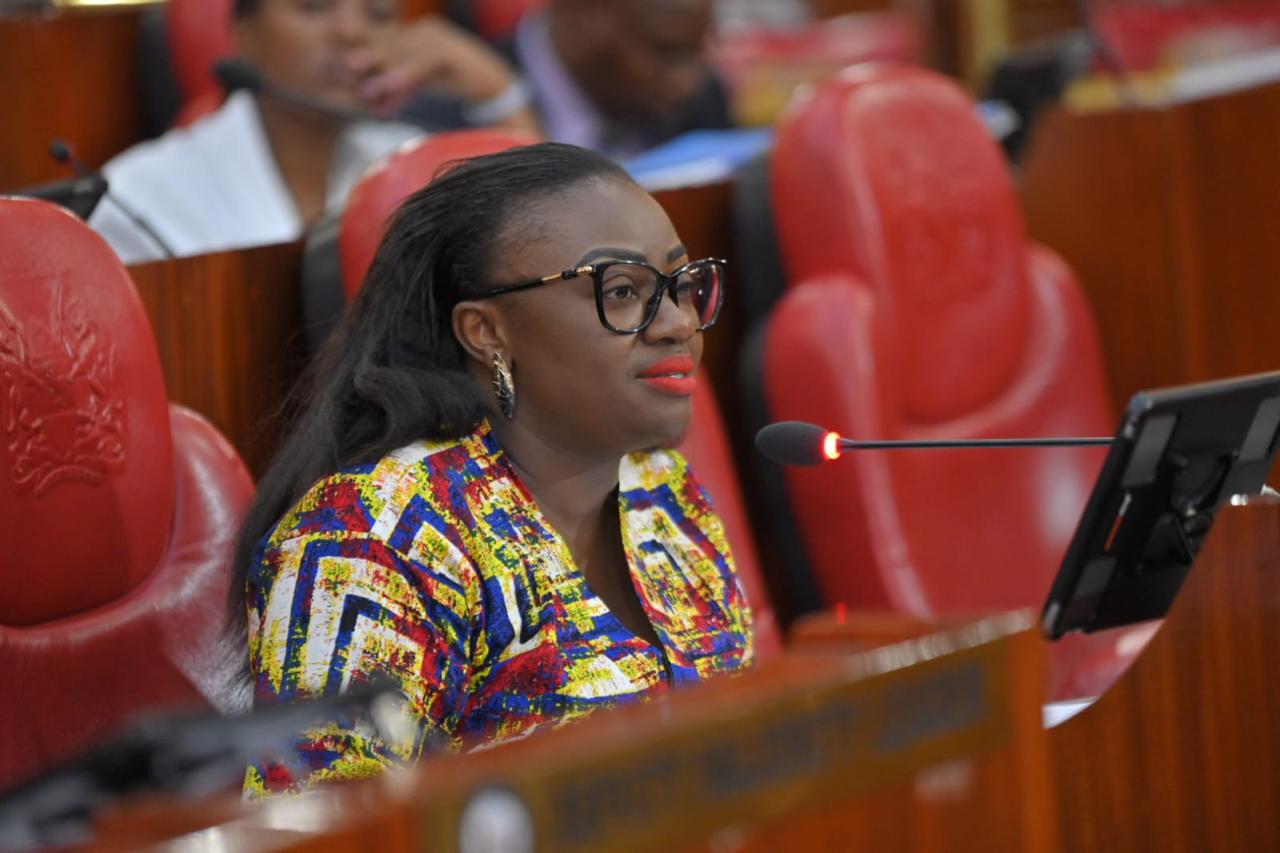 Nominated Senator Gloria Orwoba during a past senate session. (Photo: X/Gloria Orwoba)
Nominated Senator Gloria Orwoba during a past senate session. (Photo: X/Gloria Orwoba)
Q: The report indicates that there's been an increase in the number of cases that involve sexual assault prior to murder. What can be done to stop the use of sex as a form of assault in society?
I believe when it comes to the girl child and women empowerment matters, we cannot leave the boy child behind. Our boys need to be mentored into manhood in a manner that is in sync with the beliefs of an empowered woman. Issues such as mutual respect, how to handle rejection as well as recognizing and dealing with toxic behaviour, must be taught and character-natured over time.
Q: According to the researchers, the high level of public outcry around femicide seems to have spurred the justice system to action; convictions have increased by 118 per cent in 2024 from the previous year. Do you believe the country needs changes in its justice system to curb femicide?
We need more magistrates allocated to the Gender Courts to fast-track cases. We also need to operationalise the Victim Protection Board that is anchored at the AG office and pass a law that caps these SGBV cases to a maximum of 6 months in court. I am also of the opinion that the SGBV perpetrators register should be synchronized Nationally and made public to ensure that these aggressors are known to us before any form of engagement be it work or socially.
 Protesters sit at the gate of the Supreme Court on December 10, 2024 with placards bearing names of Kenyans who have lost their lives through femicide. (Photo: Barack Oduor)
Protesters sit at the gate of the Supreme Court on December 10, 2024 with placards bearing names of Kenyans who have lost their lives through femicide. (Photo: Barack Oduor)
Q: The report recommends that getting to the heart of the problem will involve bringing men on board in the war against Gender-Based Violence. What is your view?
Definitely! We should embrace a 'He for She' campaign. We always teach our girls how to stay safe... But who or what are they staying safe from? The boys must be taught to know what it means to be an aggressor and how they can respectfully and peacefully exist with girls and women. It is a social behavioural change that is required. This must be engineered over time.
Q: Younger women have remained the prime target. More than half the number of the women killed last year were aged 30 and below. How can factors that put them at risk be eliminated?
I think they have been the prime target because I believe that they are more gullible and that makes them vulnerable to the perpetrators. I also believe that there are other African cultural beliefs that puts the younger women at a higher risk i.e. beliefs about virginity.
Q: President William Ruto recently appointed a task force to look into the matter of femicide and make recommendations on how to end it. Do you believe it was the move?
I believe we can do more as a government.
Top Stories Today
